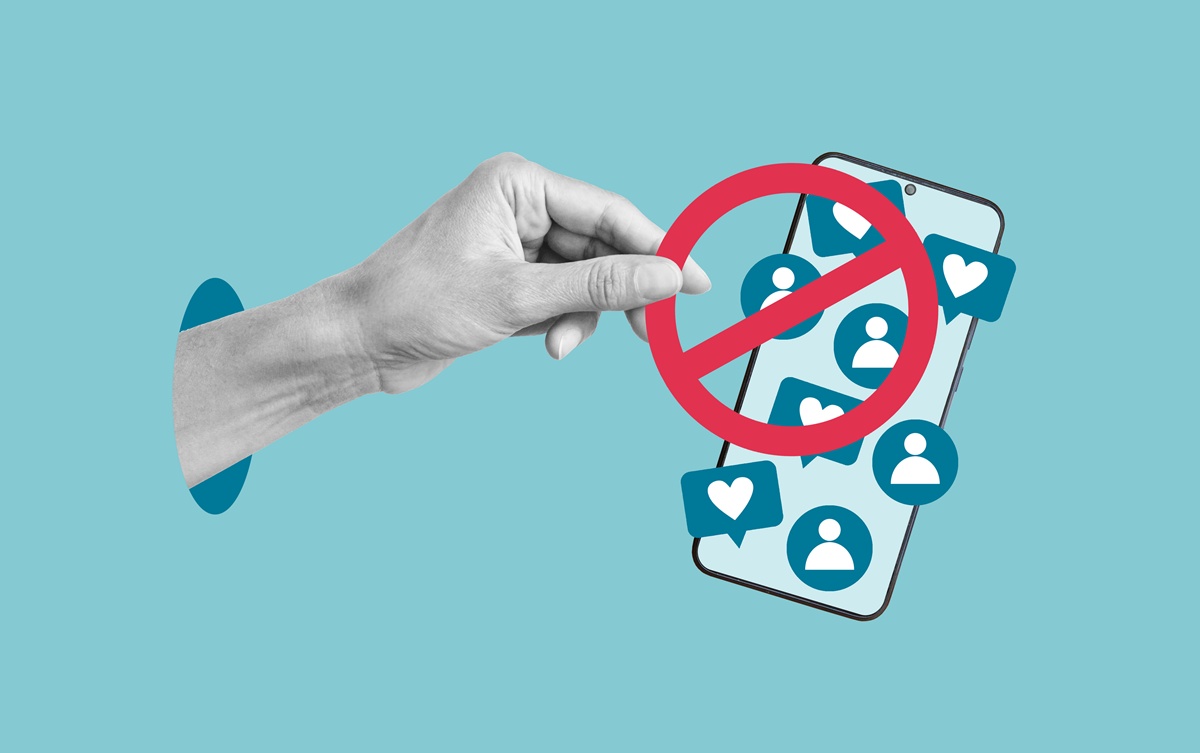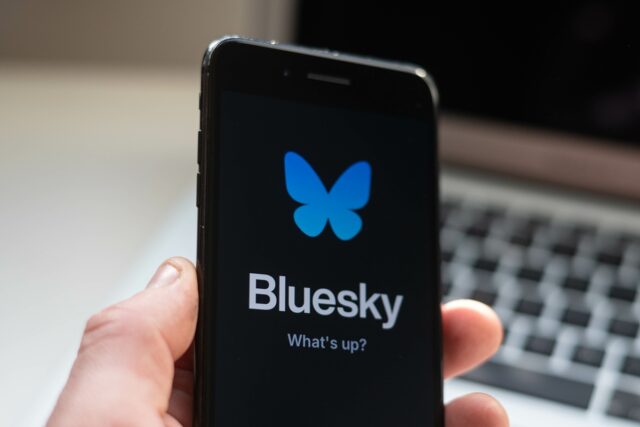September 01, 2025
Australia Prepares for World-First Social Media Ban for Under-16s, But Challenges Remain

Australia is set to implement what has been described as a world-first social media ban for users under 16, coming into effect this December. The law requires platforms such as Facebook, Instagram, Snapchat, and YouTube to take “reasonable steps” to prevent children from creating accounts, with fines of up to A$50 million for non-compliance. While the initiative has garnered strong support from parents and the public, recent government-commissioned reports highlight the technological and practical challenges in enforcing the ban.
The federal government tasked the UK-based Age Check Certification Scheme to explore the feasibility of age verification methods. Their findings suggest that while multiple technologies could be deployed, no single solution is foolproof. Formal verification using identity documents emerged as the most accurate method, but concerns were raised over privacy, data retention, and potential misuse of sensitive personal information.
Selfie-Based Age Verification
Another option tested was selfie-based age estimation, which uses facial recognition to estimate a user’s age. The report found this method generally accurate for adults over 19 but less reliable for those within two to three years of the 16-year cut-off. In this “grey zone,” there is a significant risk of false positives, allowing underage users through, or false negatives, incorrectly blocking legitimate users.
Accuracy also varied across demographics, with non-Caucasian users, teenage girls, and those near the age threshold experiencing higher rates of error. To mitigate these risks, the report recommended supplementing photo-based systems with additional measures such as parental consent or ID verification.
Potential Fraud
Parental approval systems were also assessed, but raised concerns about reliability and potential fraud. The reports consistently highlighted that combining multiple layers of verification would provide the most robust approach, helping platforms reduce the risk of circumvention via forged documents or VPNs.
Communications Minister Anika Wells emphasised that while no single method can guarantee 100% enforcement, the trials demonstrate that age assurance can be “private, efficient, and effective.” She stressed that the onus is on social media companies to implement a combination of tools to protect children by the December deadline, leveraging the same data and technology they already use for commercial purposes.
Despite broad support, some experts warn the ban may drive under-16s toward less-regulated corners of the internet or inadvertently cut them off from social connections. Mental health advocates suggest that focusing on moderation of harmful content and digital education may be as important as account restrictions.
The rollout represents a high-stakes experiment in online safety, watched closely by governments and tech companies around the world.



